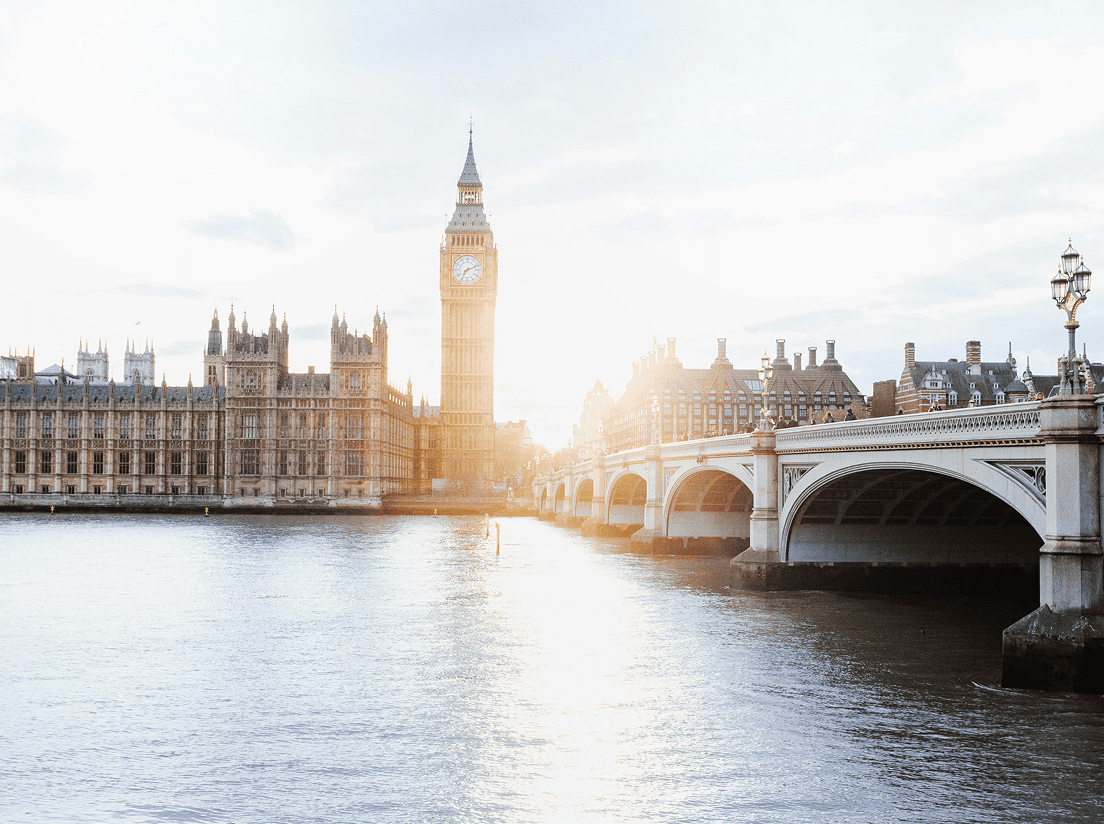
It’s the place to be. The first page, that is.Face it, not everyone can be on the first page for their chosen keyword, but since the creation of Google Places the Big G has made it a whole lot easier.In case you’ve been hiding under a rock, Google Places is a FREE business listing provided by none other than the Big G. Depending on the industry, Google Places positions can range from 1 to 10. SEO professionals call the top 10 Google Places listings, the “10 pack” or, the “7 pack”, with the latter being the top 7 listings in a particular industry.The beauty of Google Places is multi-fold. One of the major advantages, however, is that a Google Places listing can give a business a presence on the internet even if they have never had one before. Yup, that’s right. You don’t even need a website to have a Google Place listing, in theory, that is.While it’s true that you technically don’t need a website to have a Google Places listing, that doesn’t mean your Google Places listing will do anything for you. After all, just like any other organic traffic component, the best man “wins”- for the most part.Over the past 6 or so months, there’s been a major change in the way that Google handles ranking their places listings. Personally, I refer to it as “the great divide” or “before and after”. Before October 28, 2010, I could utilize Google Places and rank any business for any keyword of their choice within one week. Since October 28, that task has become increasingly more difficult, although still do-able IF you know what you’re doing. And, that last portion is critical. Mess up your Google Places listing and you could have it revoked- sometimes with little chance of manual review. And I don’t have to tell you, this would be a very bad thing.There’s a few key components to top Google Places positions:
- Consistency. The address that you cite within your Google Places listing needs to be consistent over all properties on the web. This includes directory listings or any paid advertisements that you may be utilizing. By having consistent addresses across the web, you make it easy for Google to say, “oh yeah, this business listing on Google Places is the same as the one found at xyz.com. We like xyz.com, therefore we like this places listing.” Ok, perhaps it’s not as simplistic as that, but you get the idea.
- Great on-page SEO. Remember when I said that you technically don’t need a website to have a Google Places listing? It’s true. You can claim your free business listing without a website, but if you don’t one, don’t expect great exposure for your keywords. Since October 28, Google has been merging Google Places listings with organic listings. What does this mean for you? It means that the best optimized site overall wins a key position in Google Places. That’s why it’s important to have very tight on-page SEO.
- Citations. In simplest terms, a citation is a mention of your website on a third-party site, completely separate from your business. Superpages.com or Yellowpages.com are common sites for citations. And, the more citations, the better.
- Reviews. This kind of goes hand-in-hand with citations as most citation sites have some sort of user review system in place. And just like citations, the more reviews, the better (provided they are good reviews!)
- Off-page SEO. There’s some controversy as to whether or not off-page SEO such as link bait and link building are effective for getting a Google Places listing ranked. I’m of the camp that you can never have too many links and, if you get left behind in the link building realm, it’s the most difficult part of the SEO component to play catch-up with. So backlink, away!
The evolution of Google Places listings has caused countless debates, gross speculation and dare I say it: panic attacks! But relax. It doesn’t have to be that way. By finding a reputable SEO firm you’ll be able to partner up and create a winning listing that’s sure to earn you a position firmly rooted in the 7 or 10 pack.Just remember: SEO is a marathon. Slow and steady wins the race.






